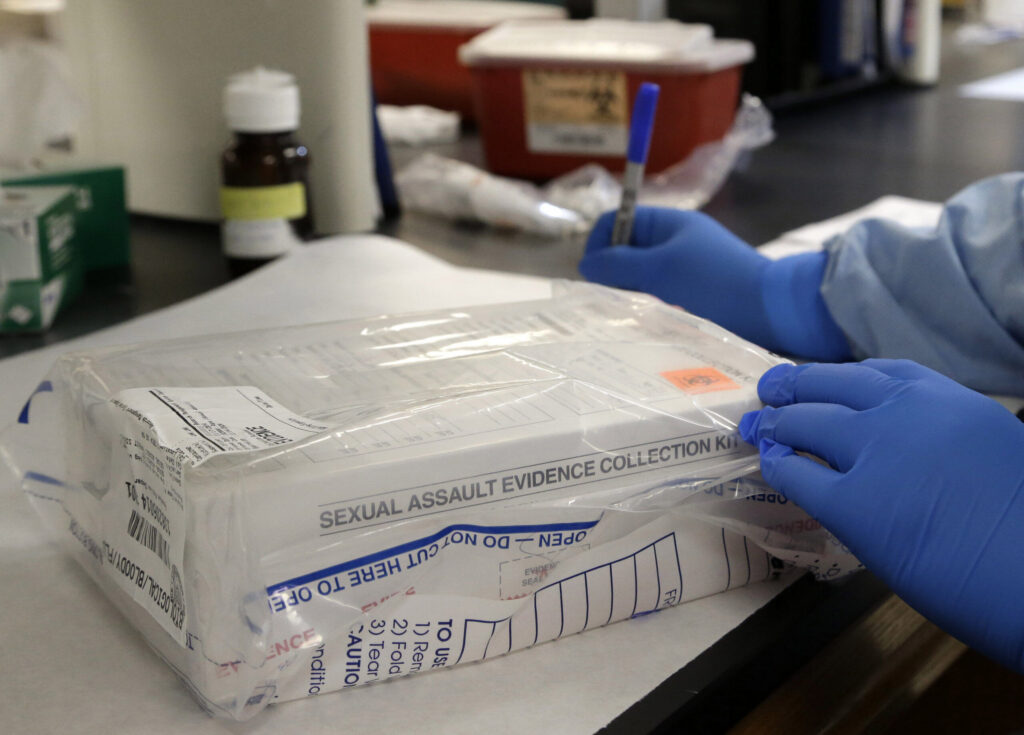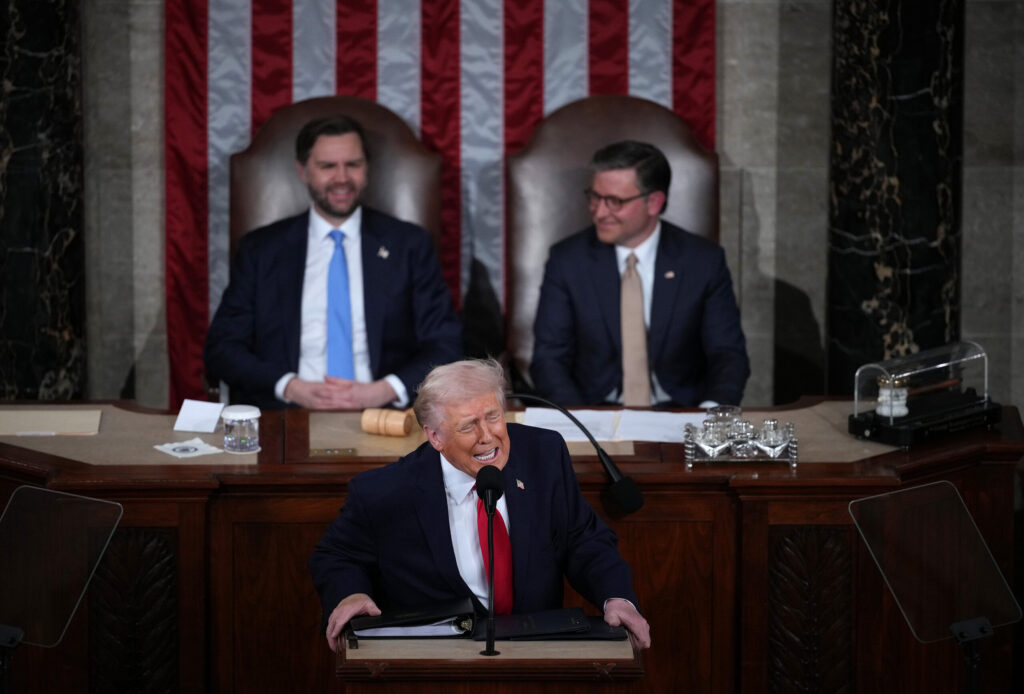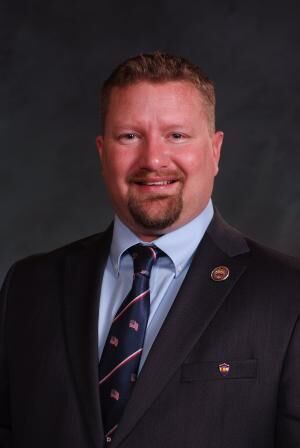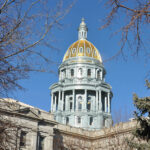SPONSORED CONTENT: Colorado leads the nation in balancing responsible energy development with environmental protections
Colorado has the strongest oil and natural gas regulations in the nation, striking a critical balance between protecting the state’s environment and promoting responsible energy development.
“All Coloradans deserve a healthy economy and a healthy environment, and we’re working to ensure that Colorado continues to have both,” said Colorado Gov. John Hickenlooper, after the state adopted new regulations in 2013. Seeking common ground, Colorado’s elected officials, landowners, environmentalists, local governments and the oil and natural gas industry have spent years working together to shape the state’s comprehensive regulatory framework. As a result, Colorado has led the nation with strict rules protecting the state’s land, air and water.
Colorado’s landmark, regulatory “firsts” started taking shape in 2011, when collaborative efforts resulted in the nation’s most transparent fracking fluid disclosure rule, which requires energy companies to publicly disclose the names and concentration levels of all chemicals used in the hydraulic fracturing process. The disclosures are reported on a database, FracFocus.org, and accessible to the public.
Additionally, Colorado instituted the strictest air quality regulations in the country, requiring energy companies to capture 95 percent of pollutants they emit, which slashes air pollution by 92,000 tons per year. That’s equal to taking every car in Colorado off the road for 12 months. And Colorado was the first state to adopt rules regulating methane emissions, cutting them by more than 60,000 tons per year.
Colorado is proving once again that collaboration and compromise help solve important issues facing our state.” – Colorado Governor John Hickenlooper
When the new rules were adopted, Dan Grossman, the regional director of the Environmental Defense Fund, said they showed “we can make good progress toward realizing the climate benefits of natural gas and demonstrate that oil and gas development and protecting the environment are not mutually exclusive.”
These air quality regulations, which exceed federal methane rules, reduced leakage rates by 75 percent in the state, according to Climate Wire.
Over the years, Colorado regulations have evolved to include:
? Water sampling before and after drilling to ensure groundwater remains safe.
? The most comprehensive leak detection and repair program for oil and natural gas production in the country, using technologically advanced monitoring equipment, including Infrared (IR) cameras, which allow regulators and companies to see emissions and leaks invisible to the naked eye.
? Requiring oil and natural gas companies to restore land to its pre-drilling condition so that it can be used for farming, running, walking and other activities. Topsoil from locations must be preserved and returned to the site once well construction is complete and then again at the end of the well’s productive life.
? Measures to capture stray gasses to reduce odor, emissions, noise and light from drilling operations.
? Increased setbacks of oil and natural gas wells to 500 feet from residences, and 1,000 feet from multiple occupancy buildings, like schools and hospitals.
“I think we’re all concerned about the potential for accidents and certainly for health impacts,” said Colorado Oil and Gas Conservation Commission (COGCC) Executive Director Matt Lepore. “Lots and lots of our rules are intended to – and I think successfully have – minimized those.”
The COGCC is responsible for regulating the oil and natural gas industry. But local governments also have an influential voice in oil and natural gas development. Energy companies are required to consult and coordinate with local governments and residents prior to operations to find solutions to any concerns expressed by the community.
Local governments also frequently enter into Memorandums of Understanding with oil and natural gas companies. Such agreements have been used successfully in many places, especially where new home construction has inched closer to land owned by oil and natural gas companies.
Hickenlooper has long praised the state’s regulations, stating they, “will ensure Colorado has the cleanest and safest oil and gas industry in the country and help preserve jobs.”











